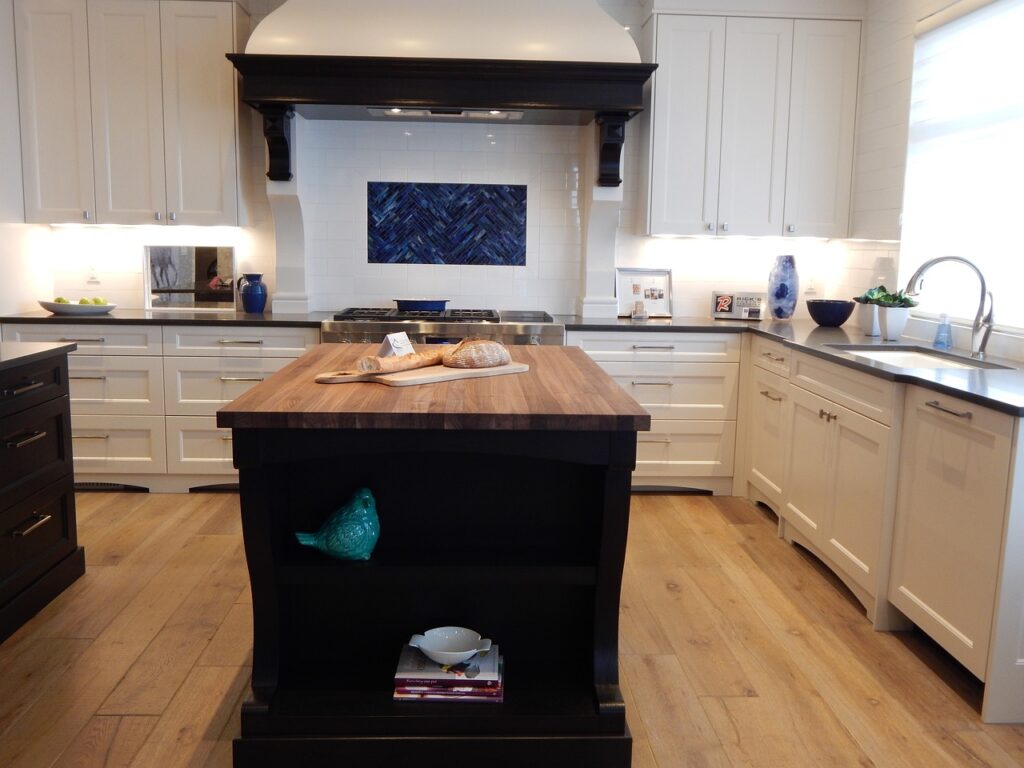Kitchen countertops are more than just surfaces for meal preparation. They’re the heart of your culinary haven, providing both functionality and aesthetics. Regardless of the material your countertops are made of, there’s a common rule that should always be followed: avoid cutting directly on them. In this blog, we’ll delve into why this practice should be avoided, regardless of whether your countertops are crafted from granite, quartz, wood, or any other material.
Protecting Your Investment
Countertops are a significant investment in your kitchen. Whether you’ve chosen granite, quartz, marble, or any other material, they represent a substantial portion of your kitchen budget. Cutting directly on your countertops can lead to visible scratches, dulling, or even chipping, ultimately reducing the lifespan of your investment.
Maintaining Aesthetics
Kitchen countertops play a crucial role in the overall aesthetic of your kitchen. They are often the focal point, and any damage, such as scratches or chips, can detract from the beauty of the space. A damaged countertop can be an eyesore that’s difficult and costly to repair.
Preventing Bacterial Growth
Cutting directly on your countertops can create tiny scratches and grooves that can trap food particles and moisture. These crevices become breeding grounds for bacteria, potentially compromising the hygiene of your kitchen. Over time, this can pose health risks to your family.
Enhancing Cleanliness
Smooth, unblemished countertops are easier to clean and maintain. Cutting directly on them makes it harder to clean food debris that accumulates in the crevices, leading to less hygienic surfaces and more intensive cleaning work.
Prolonging Durability
Even durable countertop materials like granite or quartz are not invulnerable to wear and tear. Cutting on them can lead to premature wear, making them more prone to damage over time. To maintain the longevity and durability of your countertops, it’s best to use a cutting board.
Avoiding Noise and Unwanted Vibrations
Cutting directly on hard surfaces like granite or quartz can be noisy and create vibrations, potentially causing discomfort for you and your family. A cutting board absorbs some of the noise and vibrations, creating a more pleasant cooking experience.
Versatility in Meal Preparation
Using a cutting board allows you to move from one task to another seamlessly. You can prepare ingredients on the board, then transfer them to the stove or serving platter without interruption. This is not as convenient when cutting directly on the countertop.
Preventing Damage to Your Utensils
Sharp knives can easily become dulled when used directly on a hard countertop surface. This means you’ll need to sharpen your knives more frequently, incurring additional costs and effort.
Safeguarding Your Cooking Space
Avoiding countertop cutting helps you keep your kitchen organized and clutter-free. It’s easier to maintain a clean and orderly workspace when you designate a specific area for cutting and food preparation.
The kitchen is the heart of your home, and your countertops are its crowning jewel. Regardless of the material, it’s crucial to protect and preserve your countertops by avoiding direct cutting. This simple practice not only safeguards your investment and enhances the aesthetics of your kitchen but also ensures a clean, safe, and enjoyable cooking experience. By using a cutting board, you maintain the beauty, durability, and functionality of your countertops, ultimately prolonging their life and protecting your culinary haven.

